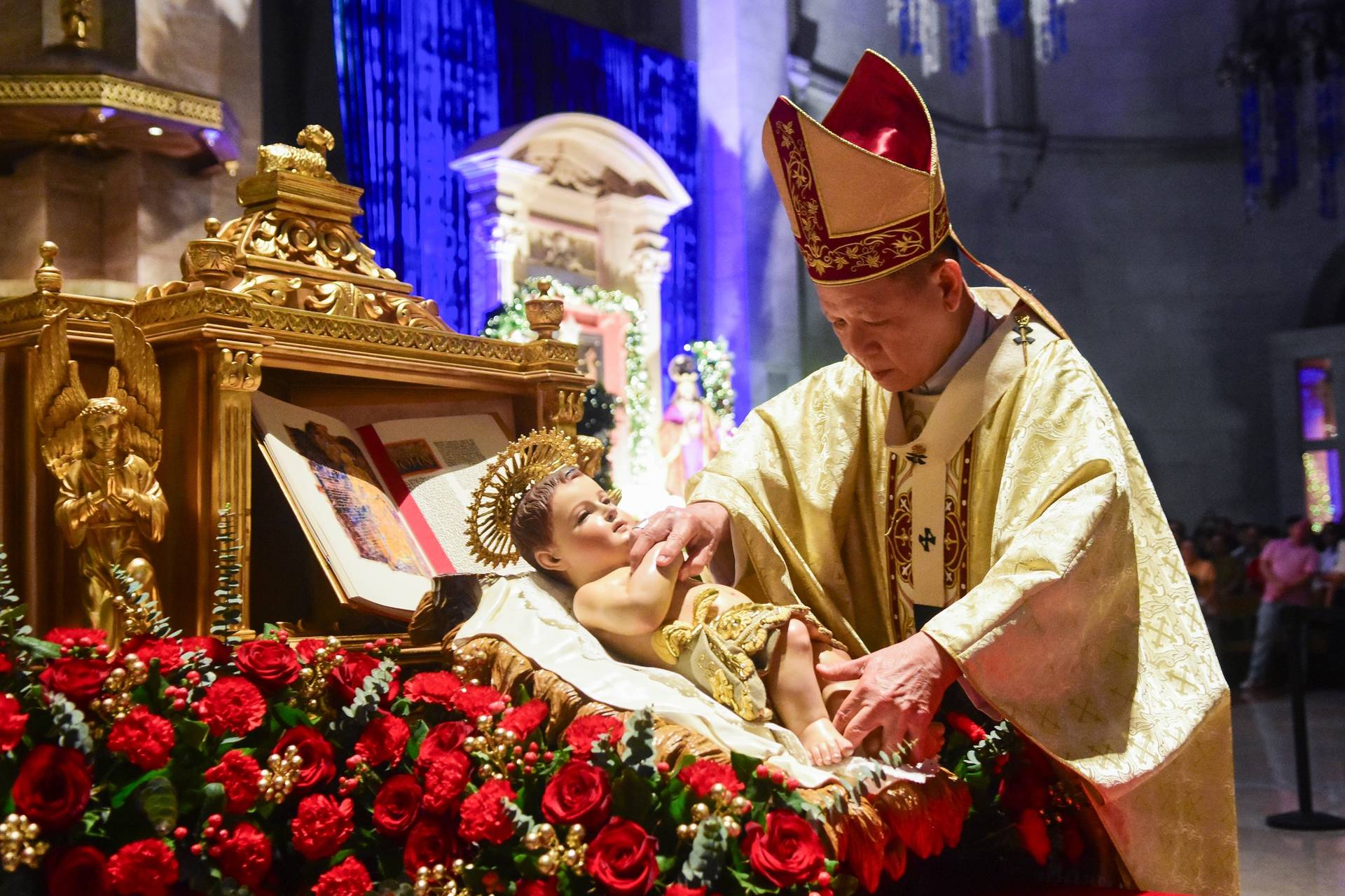ROME – At a time when the Vatican continues to draw fire for its controversial deal over the appointment of bishops with China, the president of arguably the most longstanding thorn in Beijing’s side has written Pope Francis instead to praise collaboration between Taiwan and Rome.
In a Jan. 13 letter to Pope Francis for the World Day of Peace, which is observed annually by the Church Jan. 1, Taiwanese President Tsai Ing-wen highlighted Taiwan’s efforts to promote “a spirit of compassion and empathy” amid the coronavirus pandemic and pointed to several initiatives they sponsored to assist the Vatican and various religious communities in Rome throughout Italy’s coronavirus lockdown.
Since COVID-19 first broke out in Italy, Taiwan’s Embassy to the Holy See has been active in providing financial and sanitary aid to the Vatican and to religious congregations, institutions and communities that turn to them with requests for facial masks, hand sanitizer, and other materials.
They have made several large donations of food to the papal almoner, Polish Cardinal Konrad Krajewski, to assist Rome’s poor, who are at higher risk of exposure to COVID-19 and who often lack necessary sanitary equipment.
This year Taiwan marked its national day celebration by hosting a lunch for the poor in partnership with Krajewski, serving traditional Taiwanese dishes.
These contributions so far have not been acknowledged by the pope or any other Vatican official, despite the fact that statements of public praise of China were issued after the Red Cross Society of China and the China-based Catholic Hebei Jinde Charities Foundation in April donated health supplies to the Vatican Pharmacy, including facial masks, to support patients infected with COVID-19.
In her letter, Tsai highlighted the “culture of care” that Pope Francis proposed in his message for the World Day of Peace as a strategy of ending conflict.
“Your Holiness observed that the pandemic has shown us that all humankind is in the same boat and that no one should be excluded from the global public health network,” she said, and complained that Taiwan is currently excluded from membership in the World Health Organization (WHO).
Tsai accused the WHO of having “bowed to political pressure” by only allowing Taiwan to hold observer status since 2017.
“In accord with Your Holiness’s insightful views, I believe that exclusion and marginalization are the biggest enemies of a culture of care and the biggest obstacles to the pursuit of peace,” Tsai said, insisting that international governance “should not be pursued according to the law of the jungle, where the strong prey on the weak.”
“Economic strength cannot be used to buy out people’s right to seek truth; military might should not become a tool for suppressing human rights and freedom,” she said.
Taiwan, Tsai said, was able to build a free and democratic society only through “the blood, sweat, and tears of our forefathers,” who she said assured that Taiwanese citizens can enjoy a “harmonious, inclusive, and mutually beneficial society” where everyone, regardless of gender, ethnicity, or social status, is able to enjoy freedom of speech and of religion, and where “human rights and dignity are safeguarded to the fullest possible extent.”
Pointing to Taiwan’s creation of a new human rights commission in August 2020, Tsai said this marked “another step forward for Taiwan as a nation underpinned by human rights,” and said she shared Pope Francis’s belief that “universal human rights cannot be compromised.”
Tsai then referred to what she called the “persecution” of China’s Uighur Muslim population, which Francis himself has condemned, and to the imprisonment of Hong Kong media and business tycoon Jimmy Lai, who was arrested Dec. 3 on charges of fraud and collusion with foreign forces.
Lai, a Catholic, was released on bail Dec. 23 but was arrested again Dec. 31, making him one of a swath of pro-democracy activists to be imprisoned under Hong Kong’s new national security law. Currently, a missionary by the name of Father Franco Mella is conducting a hunger strike for Lai’s release and that of several other activists who have been jailed.
Pope Francis has yet to make an official statement on the situation in Hong Kong, and he has been meek in his complaints about China’s treatment of the Uighurs.
Tsai in her letter said that faced with situations such as that of Lai and the Uighurs, she has consistently “voiced concern in order to let victims of suppression know that they are not alone.”
She voiced hope that Pope Francis and his appeal for a culture of care “will serve as a timely exhortation to those in power, and especially those in authoritarian states, to replace an iron fist with a culture of care, and hostile rhetoric and military intimidation with an inclusive spirit, such that the global peace to which we all aspire will be readily within reach.”
Tsai’s letter to the pope this year comes amid increased uncertainty about the future of Vatican-Taiwan relations given the Holy See’s renewal in October of its provisional agreement with China on the appointment of bishops, which many believe to be a down payment on eventual diplomatic relations.
Many experts have argued that the Holy See’s relationship with Taiwan is its only real bargaining chip in getting China to ease restrictions on its Christian community, and with fewer and fewer diplomatic allies, Taiwan’s only card in attempting to keep its diplomatic ties with the Vatican seems to be the emphasis on democracy and religious freedom, humanitarian work, and respect for human rights.
Follow Elise Ann Allen on Twitter: @eliseannallen















